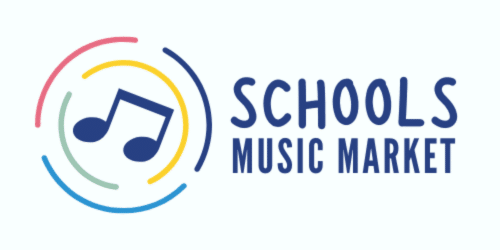Developing a comprehensive music development plan is crucial for fostering a thriving musical environment in primary schools. This plan serves as a roadmap to excellence in music education, guiding educators and students towards a future where musical talents flourish. Remember, just like Rome, musical prowess isn’t built in a day. With dedicated planning and a commitment to excellence, primary schools can create an environment where music takes center stage and students truly flourish.
I. Essential Components of a Music Development Plan:
- Curriculum Enhancement:
- Evaluate and enhance the existing music curriculum to ensure comprehensive coverage of music theory, history, and practical skills.
- Integrate diverse musical genres and cultures to provide a well-rounded musical education.
- Teacher Training and Professional Development:
- Implement ongoing training programs for music educators to stay updated on the latest teaching methodologies and technologies.
- Foster collaboration and resource-sharing among music teachers within and beyond the school community.
- Student Engagement Programs:
- Create extracurricular music programs, such as choirs, ensembles, and clubs, to encourage student participation and collaboration.
- Organize regular performances and showcases to provide students with opportunities to showcase their musical talents.
- Instrument Procurement and Maintenance:
- Assess the current inventory of musical instruments and develop a plan for procurement, maintenance, and regular upgrades.
- Ensure accessibility to a variety of instruments to accommodate diverse student interests.
II. Implementation Strategies:
- Phased Approach:
- Implement changes gradually, allowing for effective adaptation and continuous improvement.
- Begin with pilot programs or specific grade levels to test new initiatives before full-scale implementation.
- Community Involvement:
- Engage parents, local musicians, and community members in supporting the music development plan.
- Organize community events, concerts, or workshops to showcase student talents and garner community support.
- Technology Integration:
- Explore the integration of technology in music education, including virtual lessons, digital composition tools, and interactive learning platforms.
- Provide training for teachers and students to effectively utilize technology in the music learning process.
- Assessment and Evaluation:
- Establish clear metrics for assessing the success of the music development plan.
- Regularly evaluate student progress, program effectiveness, and teacher performance to make informed adjustments.
III. Long-Term Vision:
- Sustainable Funding:
- Develop a sustainable funding model to support the ongoing needs of the music development plan.
- Seek grants, partnerships, or community sponsorship to ensure long-term financial stability.
- National and International Collaborations:
- Explore partnerships with national and international music organizations to expose students to a broader musical landscape.
- Facilitate exchange programs, workshops, or virtual collaborations with students from other schools or countries.
- Recognition and Awards:
- Work towards achieving recognition and awards for the school’s commitment to music education excellence.
- Leverage accolades to attract talented music educators and students, enhancing the school’s reputation in the broader community.
IV. Nurturing a Culture of Excellence:
- Celebrating Achievements:
- Regularly acknowledge and celebrate individual and group achievements in music, fostering a culture of appreciation and motivation.
- Showcase student performances, compositions, and accomplishments through school-wide events and media channels.
- Inclusive Education:
- Ensure inclusivity in music education, providing accommodations for students with diverse learning needs.
- Celebrate diversity in musical styles and cultural influences, creating an inclusive and welcoming environment for all students.
Remember, the success of the music development plan lies in a patient and collaborative approach. With proper planning and a steadfast commitment to excellence in music education, primary schools can lay the foundation for a musical journey where every student has the opportunity to flourish.
For resources to support your music classroom click here to browse the full list.



